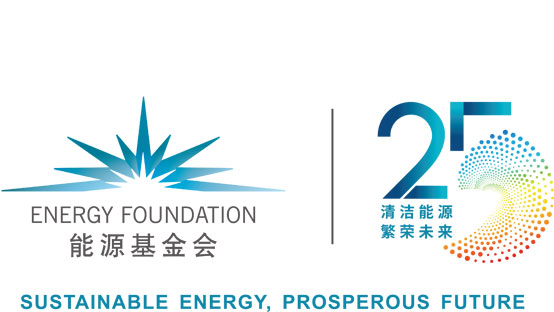Nov 11, 2016
Creating the Market for Energy Efficient Operations and Maintenance Services in Urban Buildings
Through a review of typical energy retrofit projects, the report analyzes how policies, technologies, and market mechanisms of energy efficient operations and maintenance services work in urban public buildings. It also explores a feasible pathway to achieve large-scale, sustainable energy saving operations in public buildings based on technical and market analysis.
The report was written by Technovator Beijing, with supported from Energy Foundation China.
Oct 20, 2016
Industry,
,
Piloting Energy Management in YUNNAN
In 2015, IIP worked with three energy-intensive factories in Yunnan Province, China, helping them to
implement an energy management system and cut their energy use. Here we document the challenges,
benefits and methodology of our pilot project, which ran from August 2015 to April 2016, and discuss
how similar enterprises can apply the learnings to secure energy efficiency in their own plants.
Apr 13, 2016
Energy Data 2015
This report was compiled by Wang Qingyi, co-founder of the China Energy Research Society, with assistance from the Innovative Green Development Program and support from Energy Foundation China.
Oct 20, 2015
Low Carbon Cities in China: National Policies and City Action Factsheets
China has also initiated 42 low carbon pilots, including 6 provinces and 36 cities, which represent various geographic locations, resource endowments, economic growth patterns, industrial mixes, and energy-use behaviors. These pilots have developed and implemented many policies, programs, and measures to achieve low carbon development paths at the provincial and municipal levels in the long term. Factsheets in this document are based on analyzing actions in 10 cities out of the 42 low carbon pilots.
Sep 1, 2015
2014 Beijing Low carbon design joint studio
In June 2014, Tsinghua University invited total 52 faculty and students from four famous universities to participate in the four-week “2014 Beijing Low Carbon Urban Design Joint Studio.”
Aug 10, 2015
Real-World and Certified Fuel Consumption Gap Analysis
This report attempts to flash out actual and certified FC gaps in China based on official FC certified data available and voluntary actual FC data collected from drivers across China through BearOil App and to suggest and assess reasons for causing the gap (e.g. by model and by location).
Jun 30, 2015
A proposal of China's ZEV program design
This brief is meant to inspire Chinese EV stakeholders to converse on the topic of ZEV program design and action plan for China. A former iCET report described the California ZEV program, evaluated its effectiveness through qualitative and quantitative research, and studied its history and inception process. This former work was introduced to national and local stakeholders in China, including the government, academic, and private sectors through workshops, round tables, and meetings. The process of stakeholders’ engagement was important on its own, as it unveiled concerns and challenges facing a China-tailored program.
Apr 20, 2015
Clean Power,
,
CHINA 2050 HIGH RENEWABLE ENERGY PENETRATION SCENARIO AND ROADMAP STUDY
As the world's largest developing country, coal consumer, and green house gas emitter, China is confronted with challenges that are more urgent and arduous as its transforms toward a clean and low-carbon energy system. The China 2050 High Renewable Energy Penetration Scenario and Roadmap Study set out to analyze the technical and economic feasibility of having high renewable energy penetration by 2050 based on economic, environment, and carbon emission constraints, and backcast the policies and programs needed at different points in time to make this a reality.








